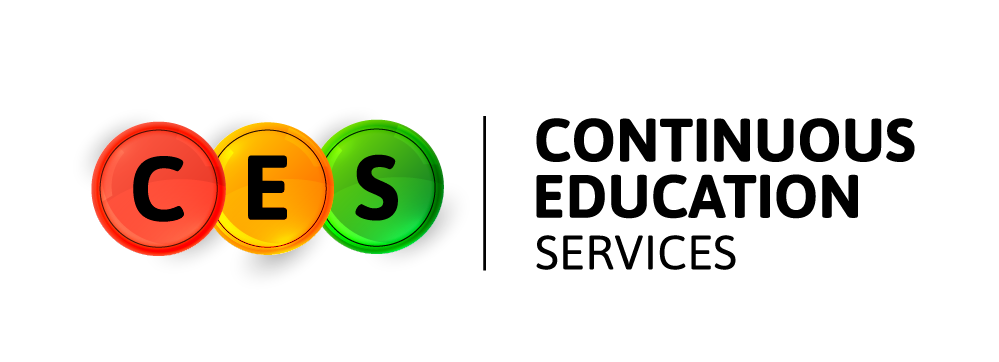Posted 5 years ago - 3 Minute(s) to read
What is CPD?
CPD is an abbreviation for Continuing Professional Development (more commonly used) or Continuous Professional Development (used to a lesser extent). This refers to the general description given to all the things a professional does during and throughout their career to ensure he/she remains relevant and invaluable to the public or the people being served and remains up to date with current developments in his/her area of practice.
In certain professional circles, it’s simply known as Professional Development or sometimes just Continuing Education (CE). In the health and medical circles, in particular, it’s commonly referred to as Continuing Medical Education (CME).
This type of training/education is a largely holistic approach to the concept of ‘professionalism’. it combines different approaches to learning, such as online learning programs/courses, workshops, conferences and events, best practice techniques and sharing of ideas, all aimed at improving individuals and their personal competencies.
CPD also involves maintaining and enhancing the knowledge, skills and experience related to a person’s professional activities following completion of his/her formal training. Just as importantly, it involves the development of those personal qualities that are required for carrying out professional and technical duties during the life of a professional. Both technical and non-technical skills need to be developed and indeed maintained.
CPD should be a lifelong, systematic and planned process to maintain and develop professional competence, creativity and innovation. The outcome has value for the individual, their profession and the people being served.
Engaging in CPD activities, events and courses ensure that both academic and practical qualifications do not become outdated or obsolete; allowing individuals to continually ‘up skill’ or ‘re-skill’ themselves, regardless of occupation, age or educational level. CPD allows an individual to focus on what specific skills and knowledge they require over a short-term period, say 12 months, in order to be confident there is recognizable improvement within their proficiency and skillsets.
Continuing professional development helps ensure your skills and knowledge are up to date. Undertaking premium quality CPD is particularly important in today’s fast-moving technological world as the pace of change can soon make previous learning quickly out-of-date.
Most regulators of particular professions or professional associations are responsible for setting the requirements for on-going CPD for their licensed, registered or chartered professionals, so that they can demonstrate their current competence in their chosen field. This applies to the health, engineering, architectural, legal, and accounting professions to name a few. There are a number of methods for achieving CPD compliance, CPD accreditation, etc. There are also several types of activities that qualify as CPD. In addition, there are varied laws, policies and regulations that are set globally and locally to address issues of CPD.
These and many other relevant topics will be addressed in subsequent posts.
About the Author
Rafik Mahama
Rafik Mahama is the founder of Continuous Education Services – CES. An online education website which provides premium quality and smartly designed professional training; to meet regulatory and legal requirements, for various professional groups. Rafik is driven by the need for all professionals to have convenient and cost-effective access to rich, engaging, and interactive courses/programs; that are timely and relevant to respective professional practices. He is a Senior Police Officer and also a Senior Pharmacist at the Ghana Police Hospital.






